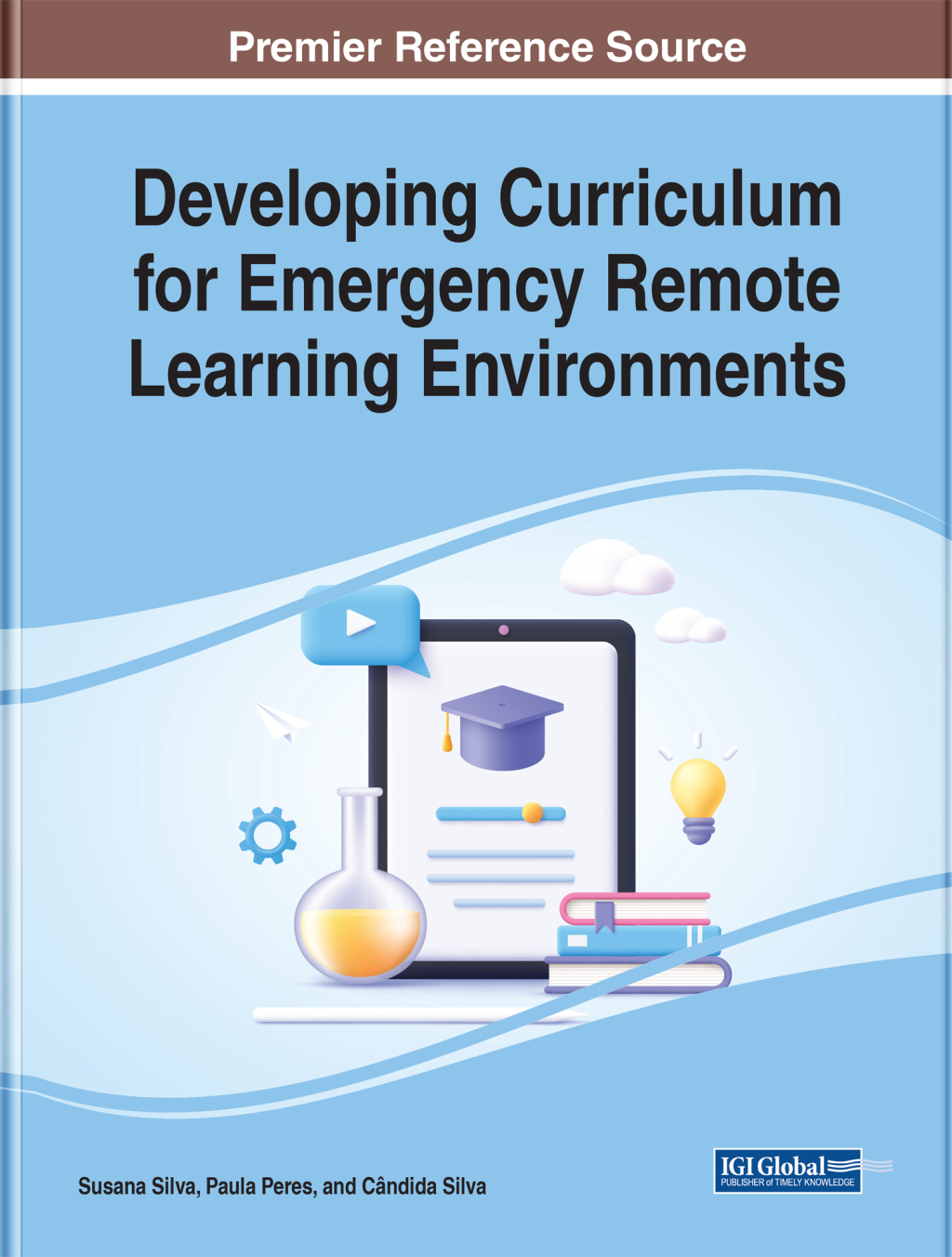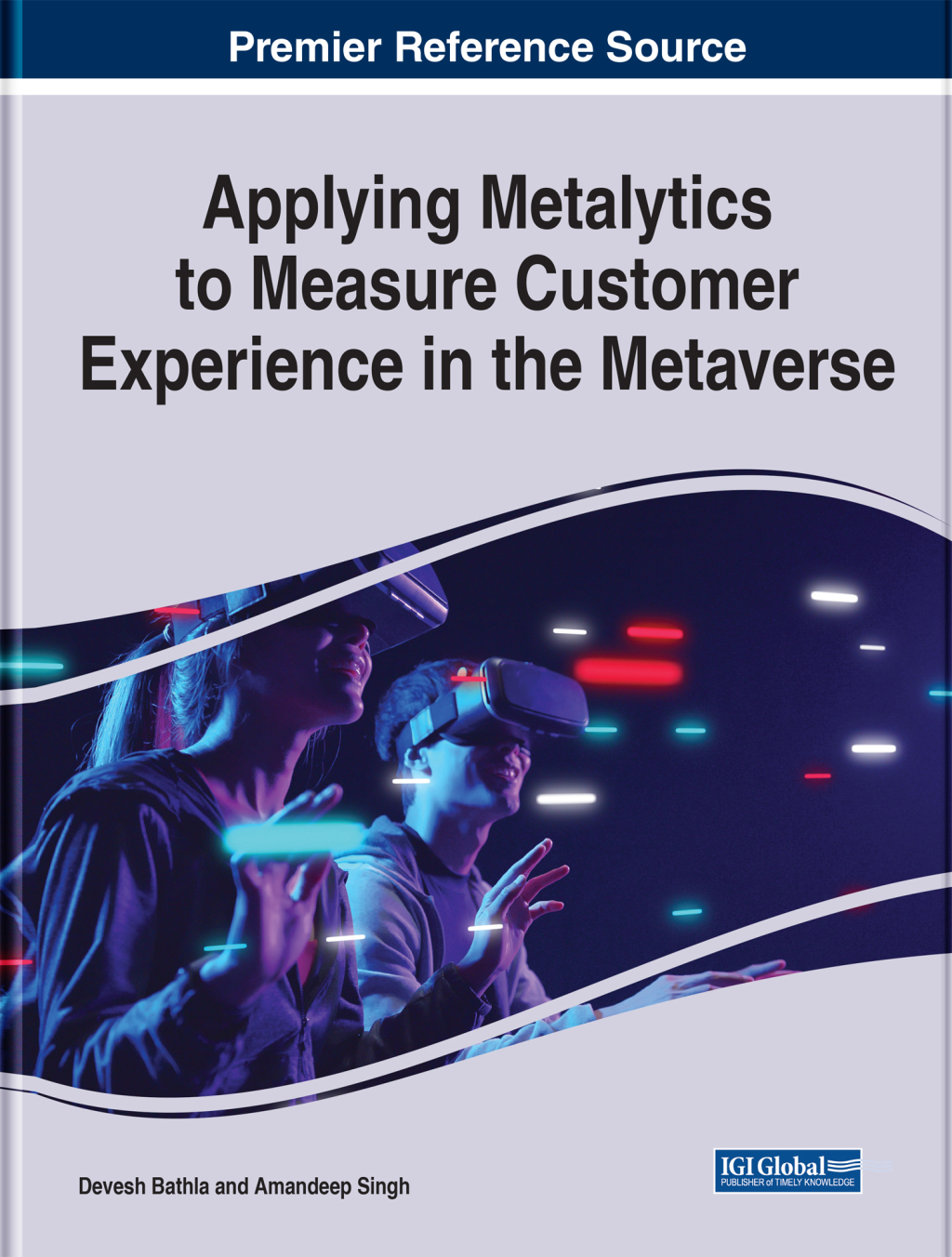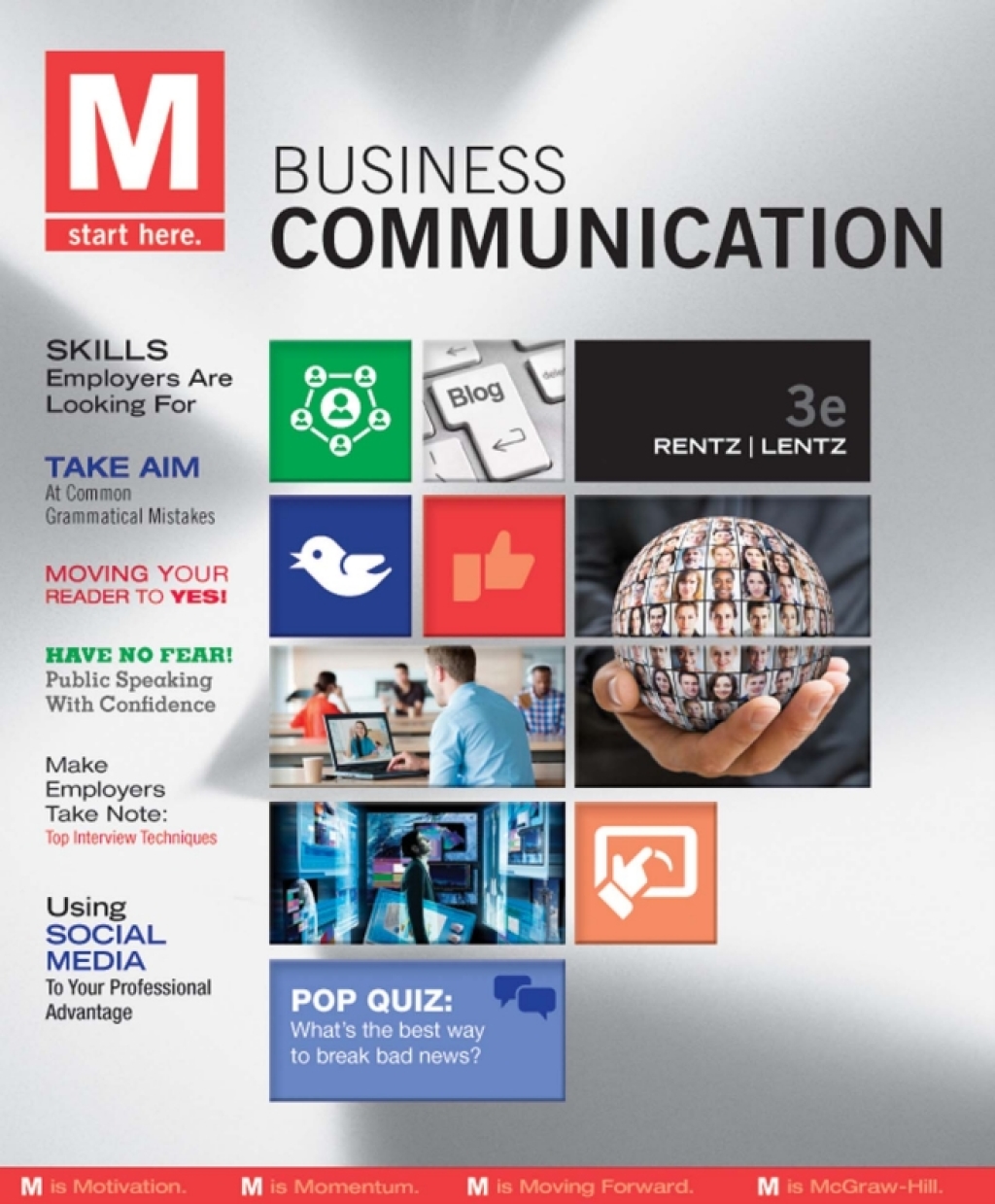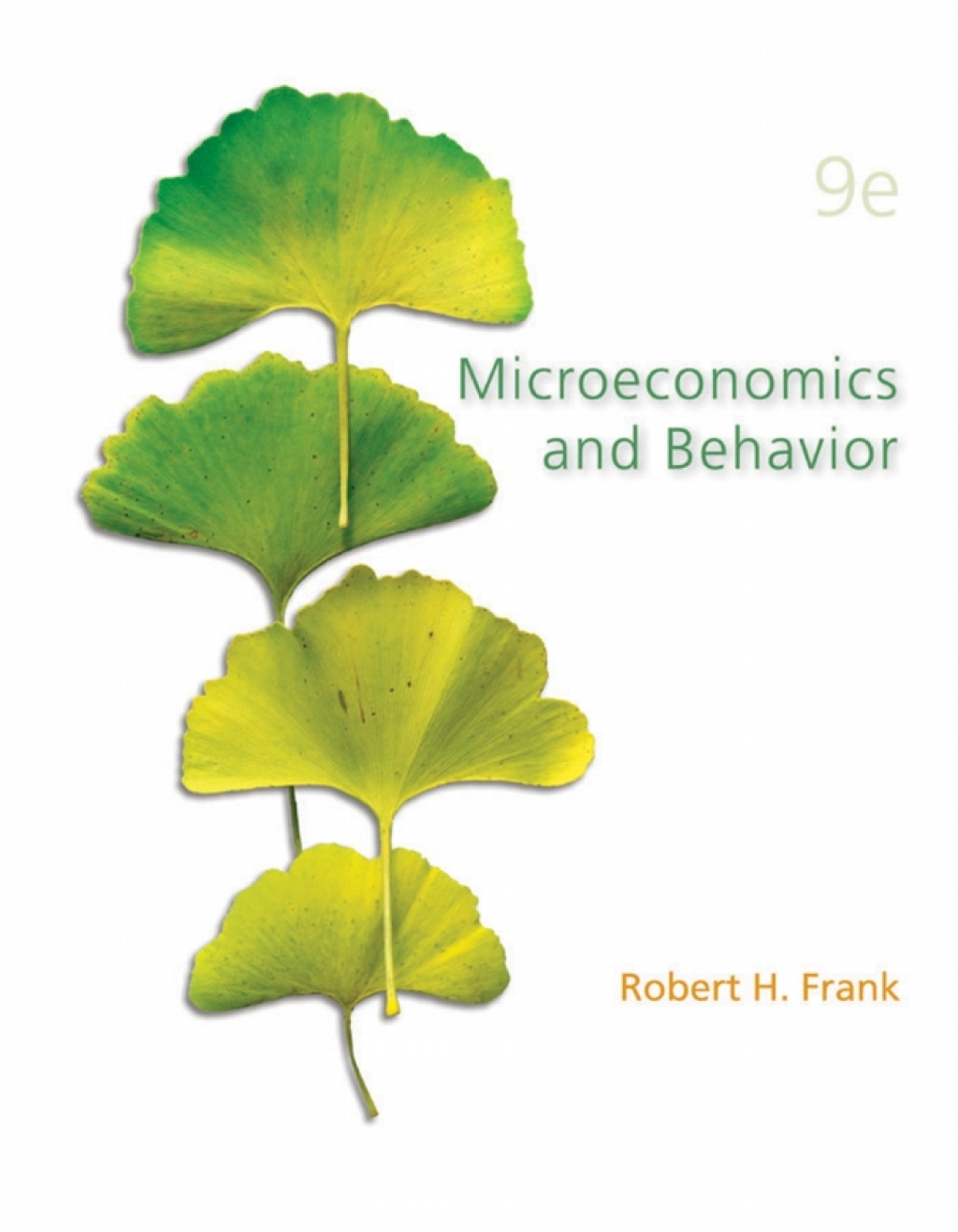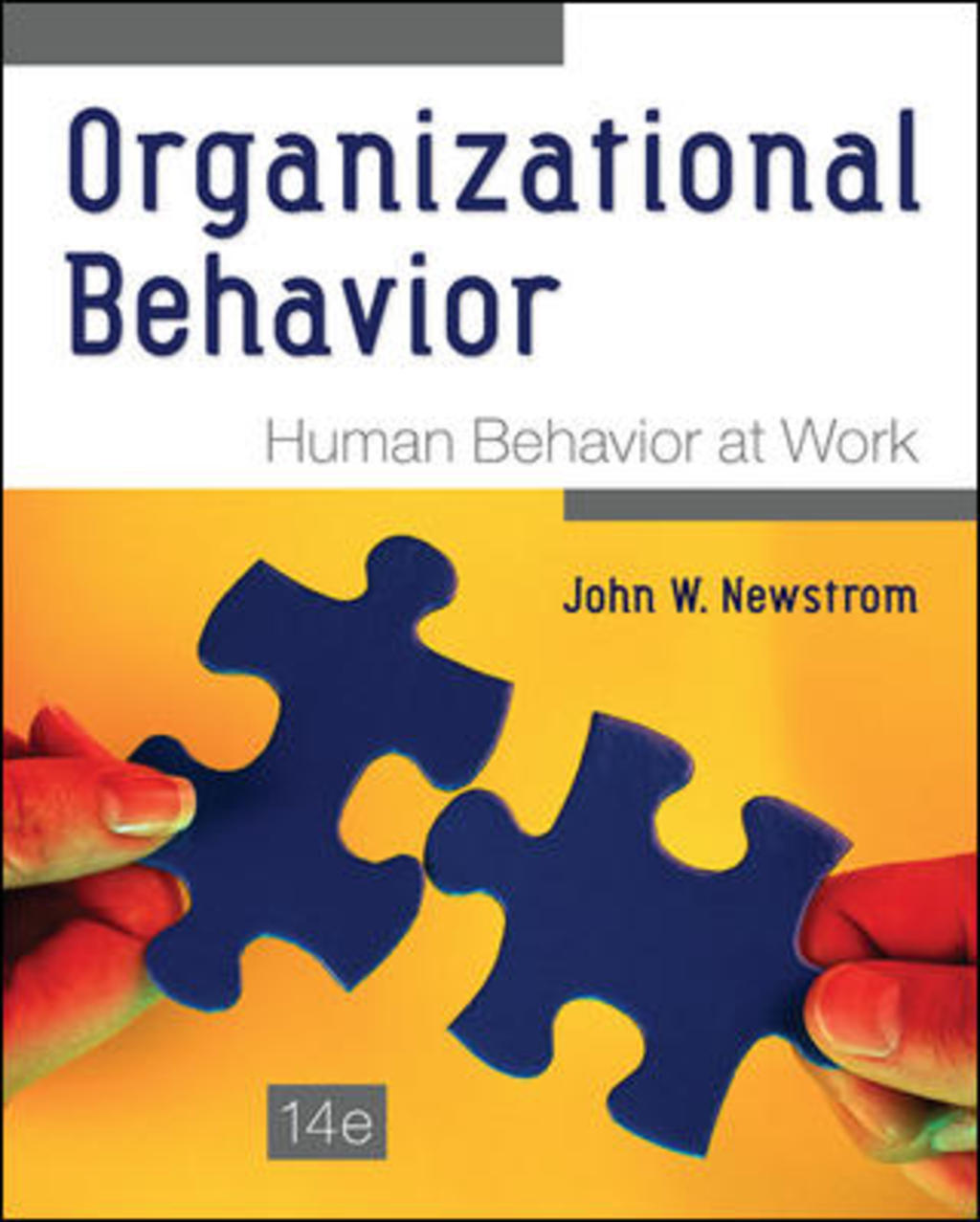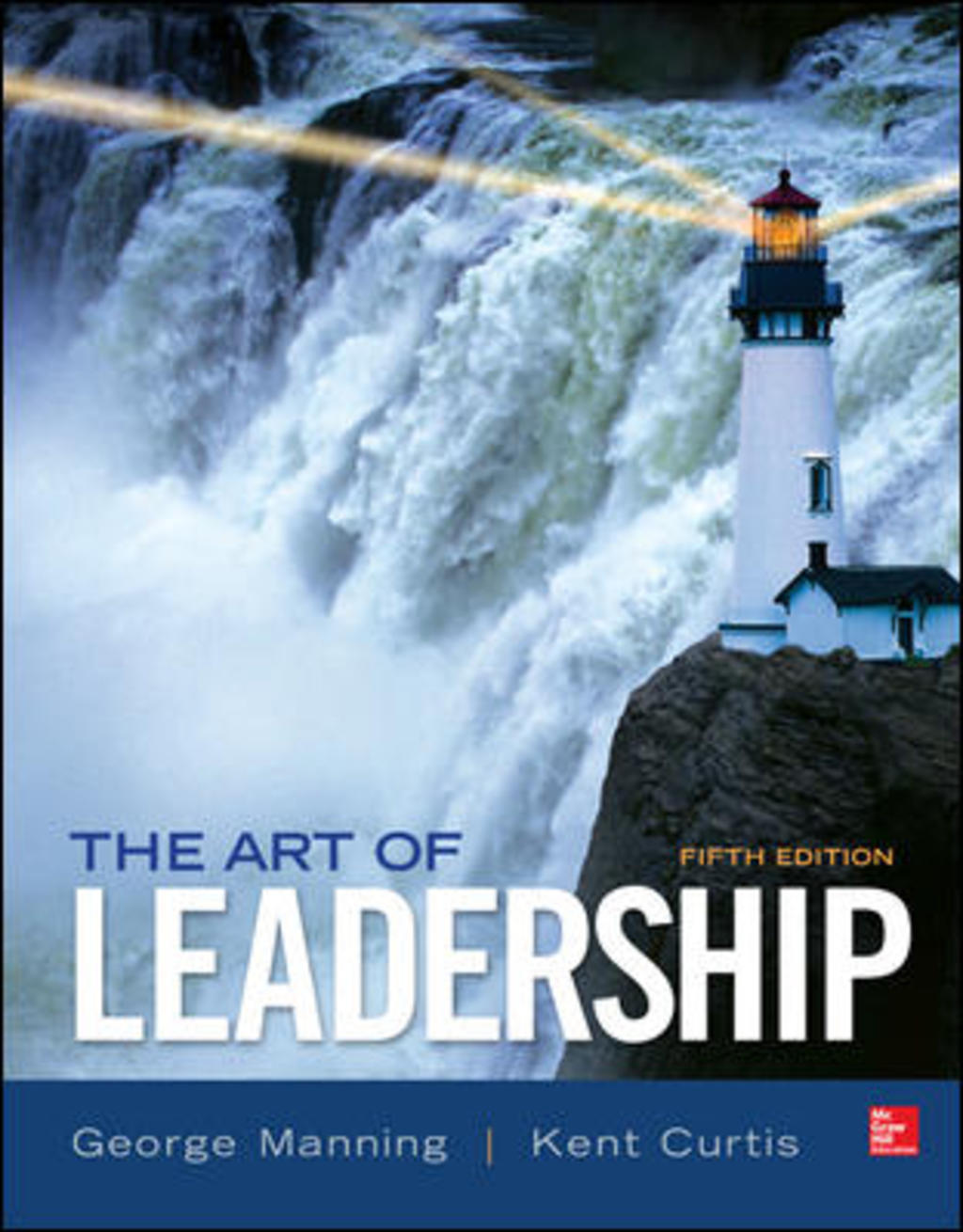Description
In many ways, the appearance of the metaverse is an unparalleled progression. A number of new technologies have come together to enable its vision. Augmented reality (AR) and virtual reality (VR) headsets have become cheaper and more powerful improving the user experience. Blockchain has enabled digital currencies and NFTs. The new methods to transact and own digital goods are allowing creators to monetize their activities through tokens. In addition to monetization, and as a means to exchange value, token-holders can also participate in the platform’s governance (e.g., vote on decisions). This democratic ownership economy coupled with the possibility of interoperability could unlock immense economic opportunities whereby digital goods and services are no longer captive to a singular gaming platform or brand. As the world steps into the metaverse, it is imperative to spark conversations with all objects and those interacting within the next dimension. Applying Metalytics to Measure Customer Experience in the Metaverse introduces metalytics, a new perspective on analytics for the new dimension of spatial and immersive Web 3.0. It presents the new conversations in the elements of a new digital age converging at a large scale. Covering topics such as big data analytics, financial services, and network analysis, this premier reference source is an essential resource for business leaders and executives, IT managers, entrepreneurs, financial specialists, consultants, statisticians, marketers, government officials, students and educators of higher education, librarians, researchers, and academicians.

